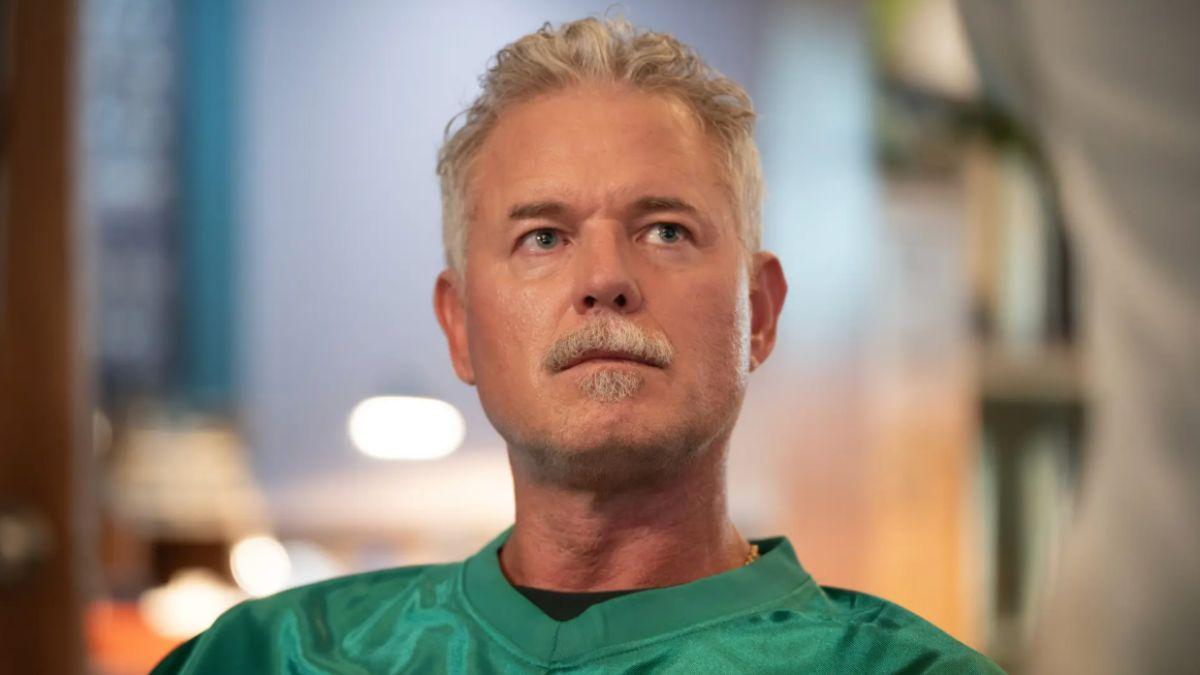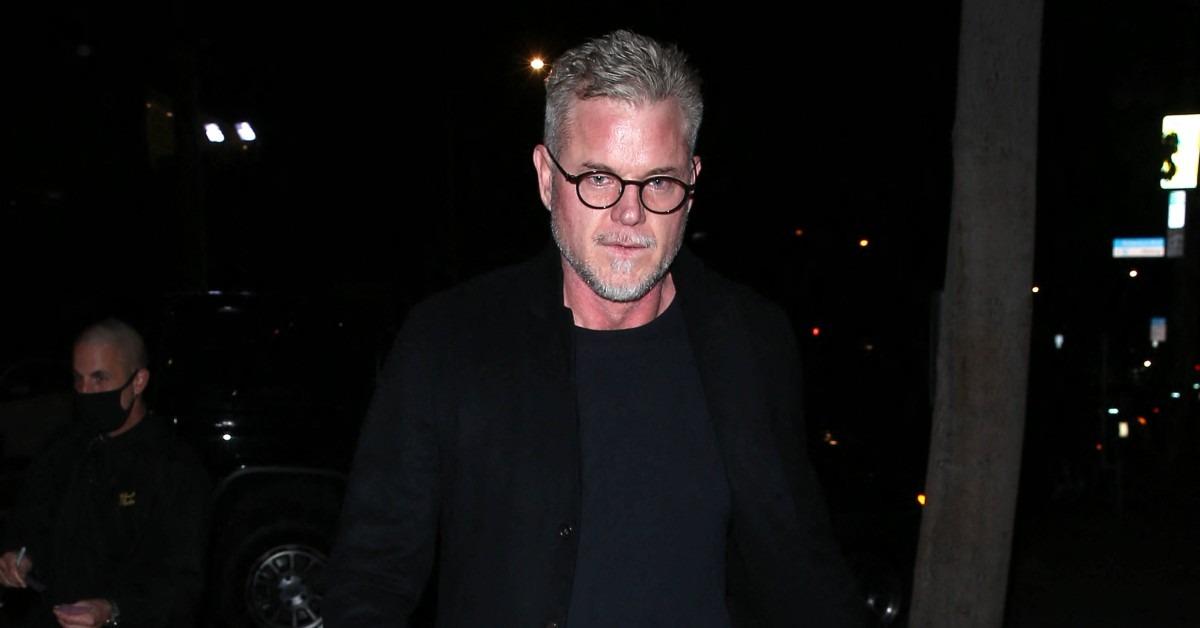Mark Zuckerberg Angers Furious Neighbors in Swanky Silicon Valley Enclave Over Sprawling 11-home, $110M Compound
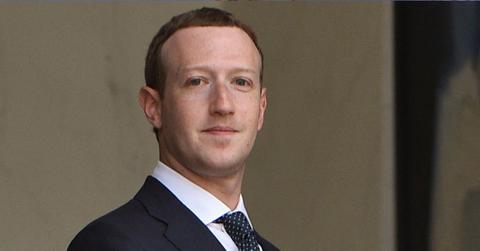
Mark Zuckerberg has bought 11 homes surrounding his original house over the past 14 years.
Aug. 12 2025, Published 5:08 p.m. ET
Mark Zuckerberg has infuriated his neighbors in Palo Alto, Calif., by slowly buying up a whopping 11 homes around his house to create a massive compound in a residential area, RadarOnline.com can reveal.
The Meta CEO, 41, began gobbling up the neighborhood after purchasing his original 5,600–square–foot home in the city's Crescent Park section in 2011.
Since then, he's spent more than $110 million to buy beautiful houses surrounding the property and razed some of them while dramatically renovating others, creating a noise and traffic nightmare for everyone in the area.
Amassing a Compound

Mark Zuckerberg and Priscilla Chan wed at their Palo Alto compound in 2012.
Zuckerberg purchased four homes on Edgewater Drive, with two directly next to the one he shares with his wife Priscilla Chan and their three daughters.
He expanded his compound with five additional homes on the other side of the property along Hamilton Drive and two more across the street from those houses.
The billionaire purchased four homes in the past 15 months alone, causing even more neighborhood chaos.
Residents have complained about parking issues as Zuckerberg's employees' cars frequently take up spaces on the street, in addition to valets using the residential streets to park cars for Zuckerberg and Chan's lavish parties on their compound.
The sprawling property now consists of numerous guest houses, a pickleball court, an entertainment hub, lush gardens, and an unpermitted private school for 14 children, according to The New York Times.
Neighbor From Hell
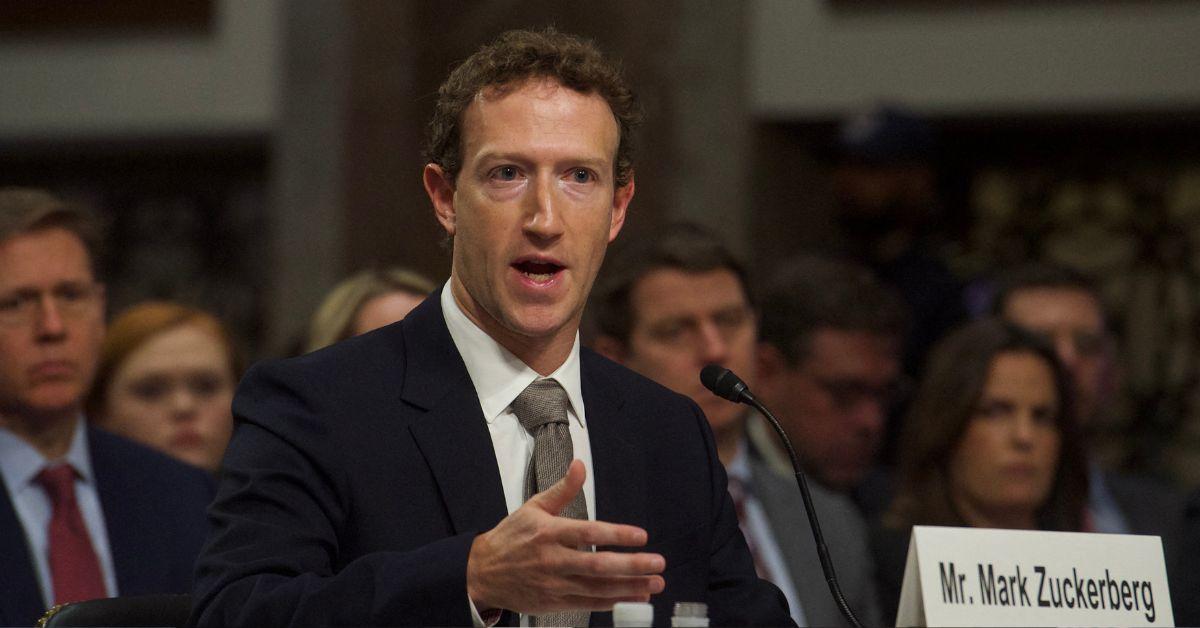
Neighbors say they feel 'occupied' by Mark Zuckerberg's heavy footprint in the residential section of Palo Alto.
One man whose Hamilton Drive property has been surrounded on three sides by Zuckerberg's neighborhood takeover has had enough.
“No neighborhood wants to be occupied. But that’s exactly what they’ve done. They’ve occupied our neighborhood,” Michael Kieschnick told The Times.
The Facebook cofounder's spokesman, Aaron McLear, contradicted the claims Zuckerberg's security team was monitoring residents as they went about their daily business, such as walking down sidewalks along the property.
He told The Times that the Harvard graduate requires heavy security as CEO of one of the world's most powerful companies and that Zuckerberg's team has adjusted surveillance cameras when asked by residents.
“Mark, Priscilla, and their children have made Palo Alto their home for more than a decade,” McLear said. “They value being members of the community and have taken a number of steps above and beyond any local requirements to avoid disruption in the neighborhood.”
Taking Over

Neighbors complain that they're unable to park in front of their homes whenever Zuckerberg throws parties. .
Some neighbors are critical of the City of Palo Alto for allowing Zuckerberg to build up such a massive property in an otherwise residential area and giving him deference to create no-parking zones for neighbors along city streets, as he did for a recent backyard barbecue.
“Billionaires everywhere are used to just making their own rules — Zuckerberg and Chan are not unique, except that they’re our neighbors,” Kieschnick said. “But it’s a mystery why the city has been so feckless.”
Kieschnick added that Zuckerberg, via his staff, has repeatedly offered to purchase his home of 30 years, which the longtime resident has steadfastly refused.
The Times noted that several residents were eager to sell their homes adjacent to Zuckerberg's for huge paydays, according to his spokesman, and that the three most recent home sales came when the owners approached the tech titan with offers to sell.
Buying Up Paradise

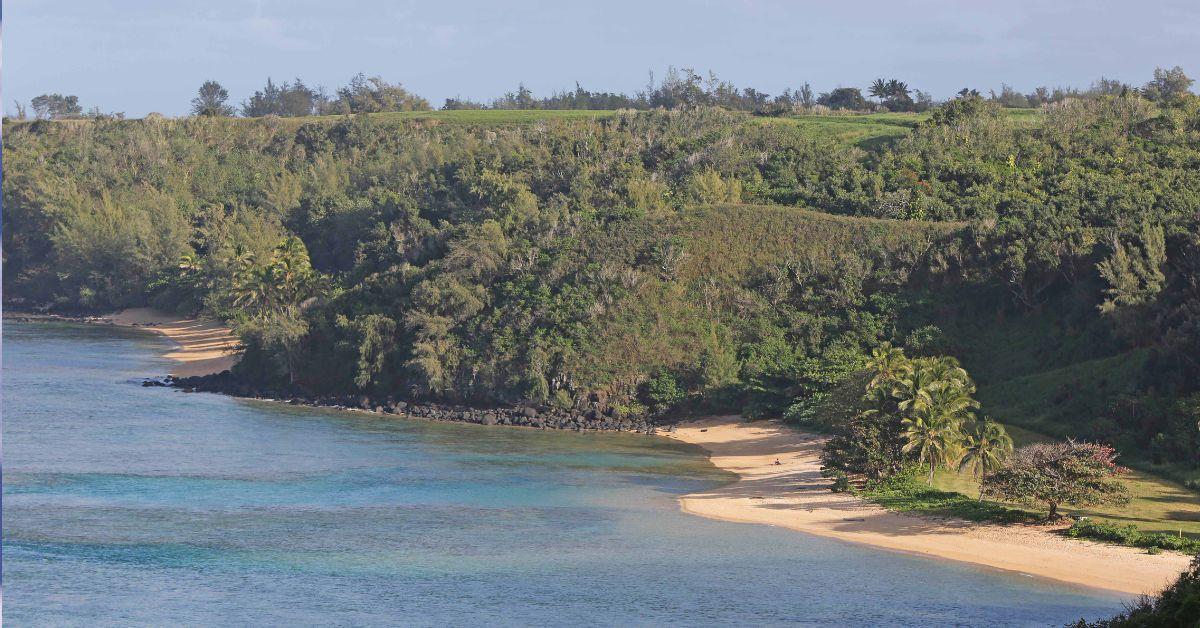
Mark Zuckerberg owns 2,300 acres of lush land in Kauai.
Palo Alto residents aren't the only ones angered by Zuckerberg's relentless pursuit of property.
He's been acquiring land around his compound in Kauai, known as Koʻolau Ranch, adding 962 acres across the road from the 1,400 acres he already occupies on the tiny island.
“If our island has any hope of remaining Hawaii, this kind of activity has got to stop,” Puali‘i Rossi, a professor of Native Hawaiian studies at Kauai Community College, told Wired.
“Eventually, Hawaii isn’t going to look like Hawaii anymore — it’s going to be a resort community. Are we really thinking about 100 years from now, what this island is going to look like?”

